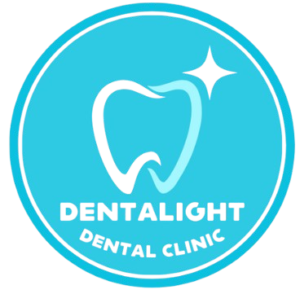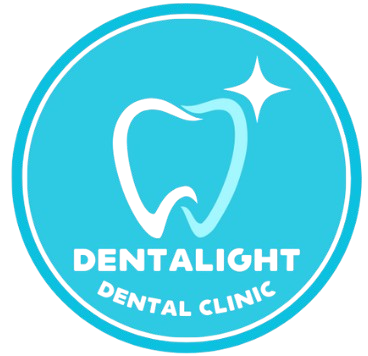our services
Need help ?
Schedule your initial consultation today and start your journey towards a pain-free, healthier smile. Contact us now!


What Is an Impacted Wisdom Tooth?
Wisdom teeth are the last molars to come in, usually between ages 17–25. Sometimes, they don’t have enough space to grow properly and become impacted—meaning they are stuck in the gums or jawbone.
Impacted wisdom teeth can:
- Cause pain or swelling
- Lead to infection
- Push against other teeth
- Damage nearby structures
- Cause cysts or gum problems
What are the Causes?
Wisdom teeth usually start erupting somewhere between the ages of 17 and 25. They begin moving up through the jawbone to break through the gum line and become a part of your chewing mechanism. The sensation of a tooth pushing through the gums can be irritating and turn painful.
At times, there is no room for a wisdom tooth in an individual’s mouth as the adult teeth have already developed. The lack of space can cause the wisdom teeth to come through at an angle or get stuck and not come through fully. This condition is called impacted wisdom teeth and makes the gums vulnerable as the surface breaks, but the teeth do not fully come through.
Food and bacteria can get trapped in the gums and lead to several issues, including:
- Gum disease
- Infections
- Abscesses
- Cysts
What Is Minor Oral Surgery for Wisdom Tooth Removal?
If a wisdom tooth is impacted or not fully erupted, a minor oral surgical procedure is needed to remove it safely.
This is a routine and common outpatient procedure performed by a dentist or oral surgeon under local anaesthesia, and sometimes sedation if needed.
When to Call Your Dentist?
- Severe or worsening pain
- Persistent bleeding
- Swelling that doesn’t improve
- Fever or signs of infection
When Is Surgery Needed?
- Tooth is trapped under the gum or bone
- Partially erupted tooth that’s hard to clean
- Tooth causing pain, crowding, or infection
- Presence of decay or damage to neighbouring teeth
- Cyst or abscess development
Recovery Time?
- Most people recover in 3–7 days
- Full healing may take a few weeks
Aftercare Tips:-
- Bite gently on gauze to stop bleeding
- Apply ice packs to reduce swelling
- Eat soft foods (yogurt, soup, smoothies)
- Avoid spitting, drinking from straws, or smoking for 24–48 hours
- Take prescribed painkillers or antibiotics if needed
- Experienced Team
- Comprehensive Services
- State-Of-The-Art Technology
- Emergency Dental Services
Frequently Asked Questions
An impacted wisdom tooth is one that doesn't have enough space to erupt properly and gets stuck in the gums or jawbone, often leading to pain, swelling, or infection.
Common signs include pain at the back of your mouth, swelling, difficulty opening your mouth, or bad breath. A dentist can confirm it with an X-ray.
Not always. Surgery is typically needed when the tooth causes pain, crowding, infection, or has not erupted properly. Your dentist will assess the best option.
Most people recover in 3–7 days, but complete healing can take a few weeks. Following aftercare instructions can help speed up recovery.
For 24–48 hours, avoid smoking, drinking through a straw, spitting forcefully, or eating hard foods. Stick to soft meals and use salt water rinses after 24 hours.
our services
Need help ?
Schedule your initial consultation today and start your journey towards a pain-free, healthier smile. Contact us now!
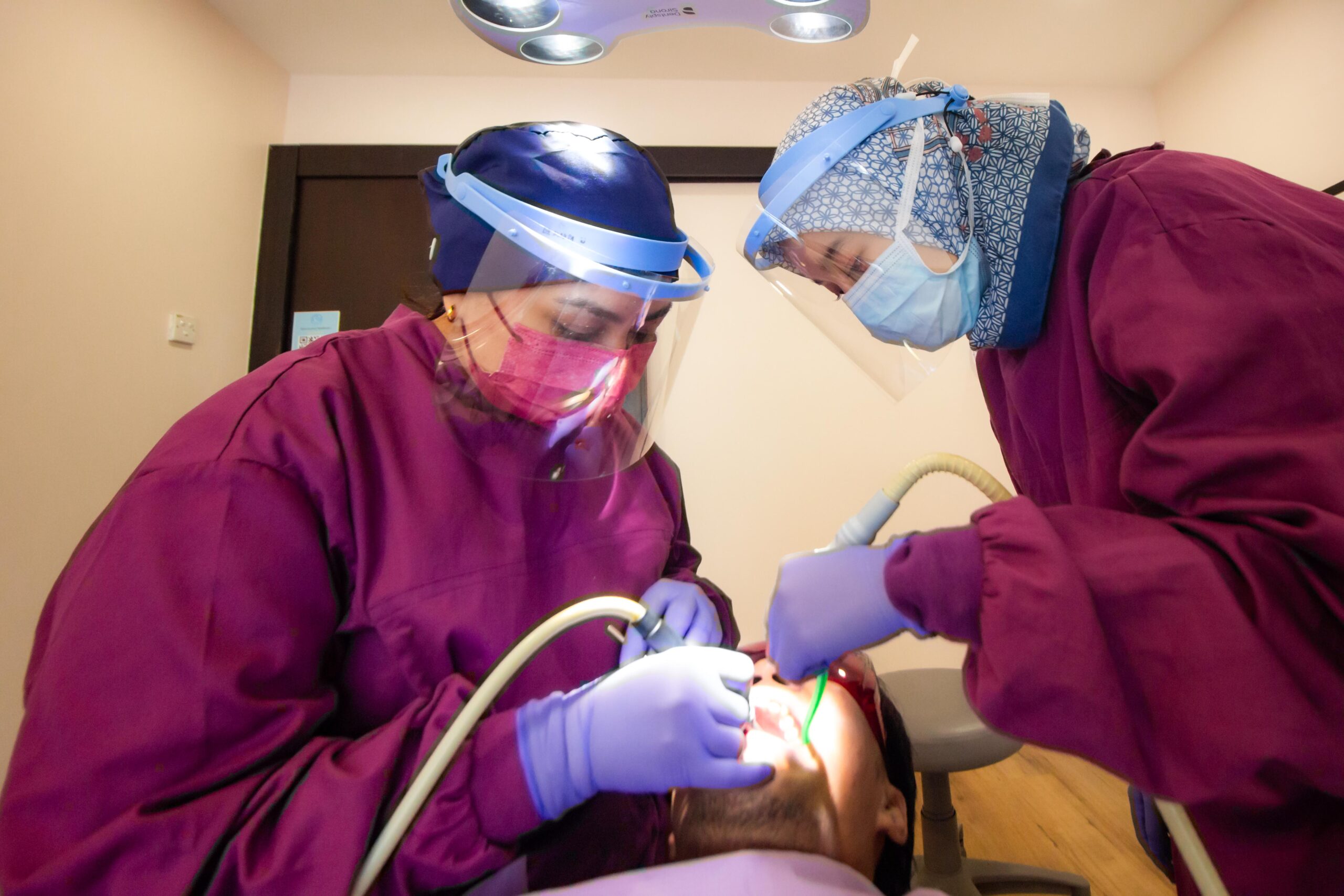
Advanced Diagnostic Tools
Modern dentistry utilizes advanced diagnostic tools and technologies to ensure accurate and efficient treatments. Digital X-rays, intraoral cameras, and 3D imaging provide detailed views of teeth and underlying structures, aiding in precise diagnosis and treatment planning.
Dentists recognize that each patient has unique needs and concerns. Personalized care plans are developed to address individual dental health goals and preferences. Dentists also educate patients on proper oral hygiene practices and offer advice on diet and lifestyle choices that can impact oral health.
Comfort And Convenience
Many dental practices prioritize creating a comfortable and stress-free environment for patients. This includes offering amenities like sedation dentistry for those with dental anxiety, flexible scheduling options, and comprehensive care under one roof.
- Experienced Team
- Comprehensive Services
- State-Of-The-Art Technology
- Emergency Dental Services
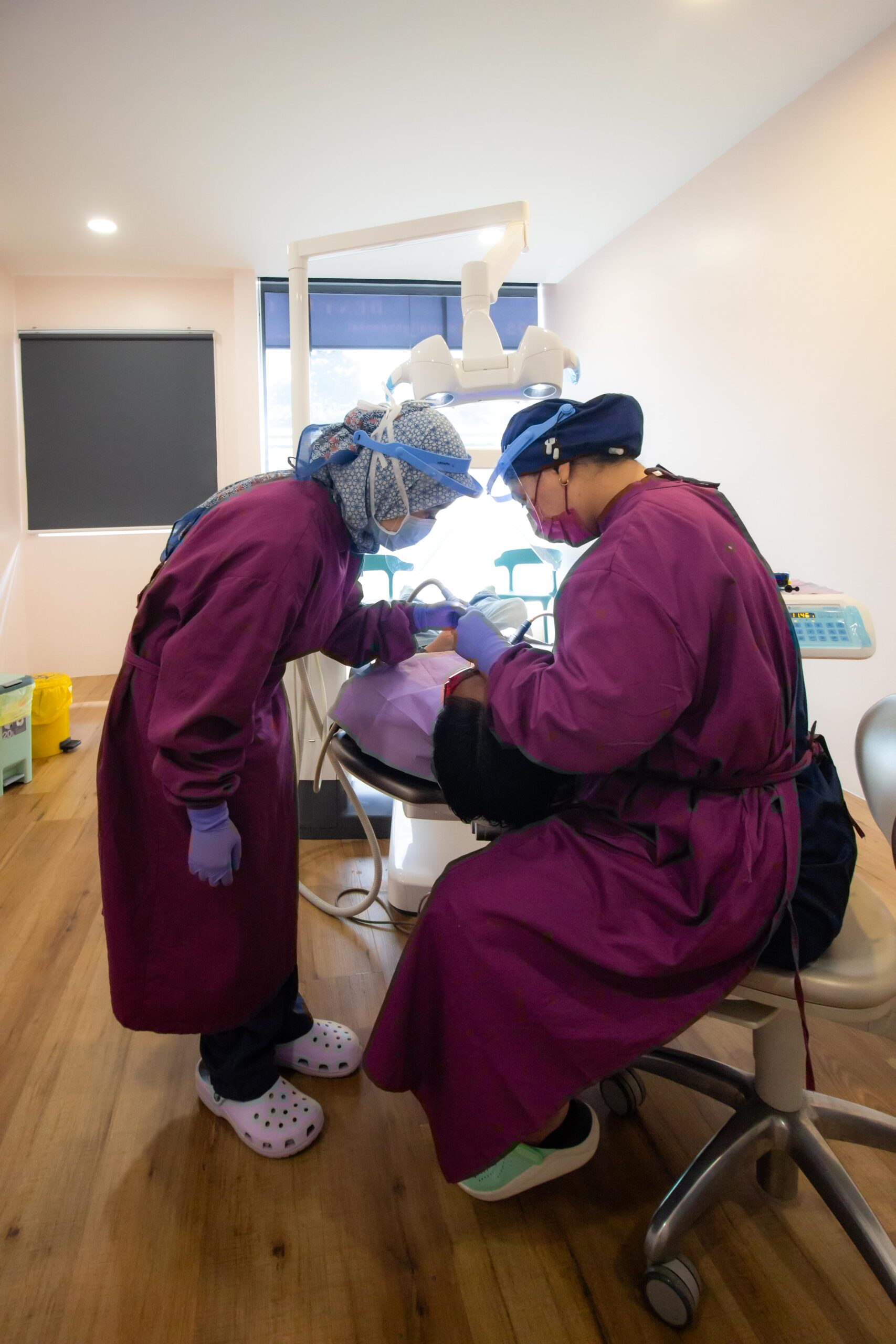
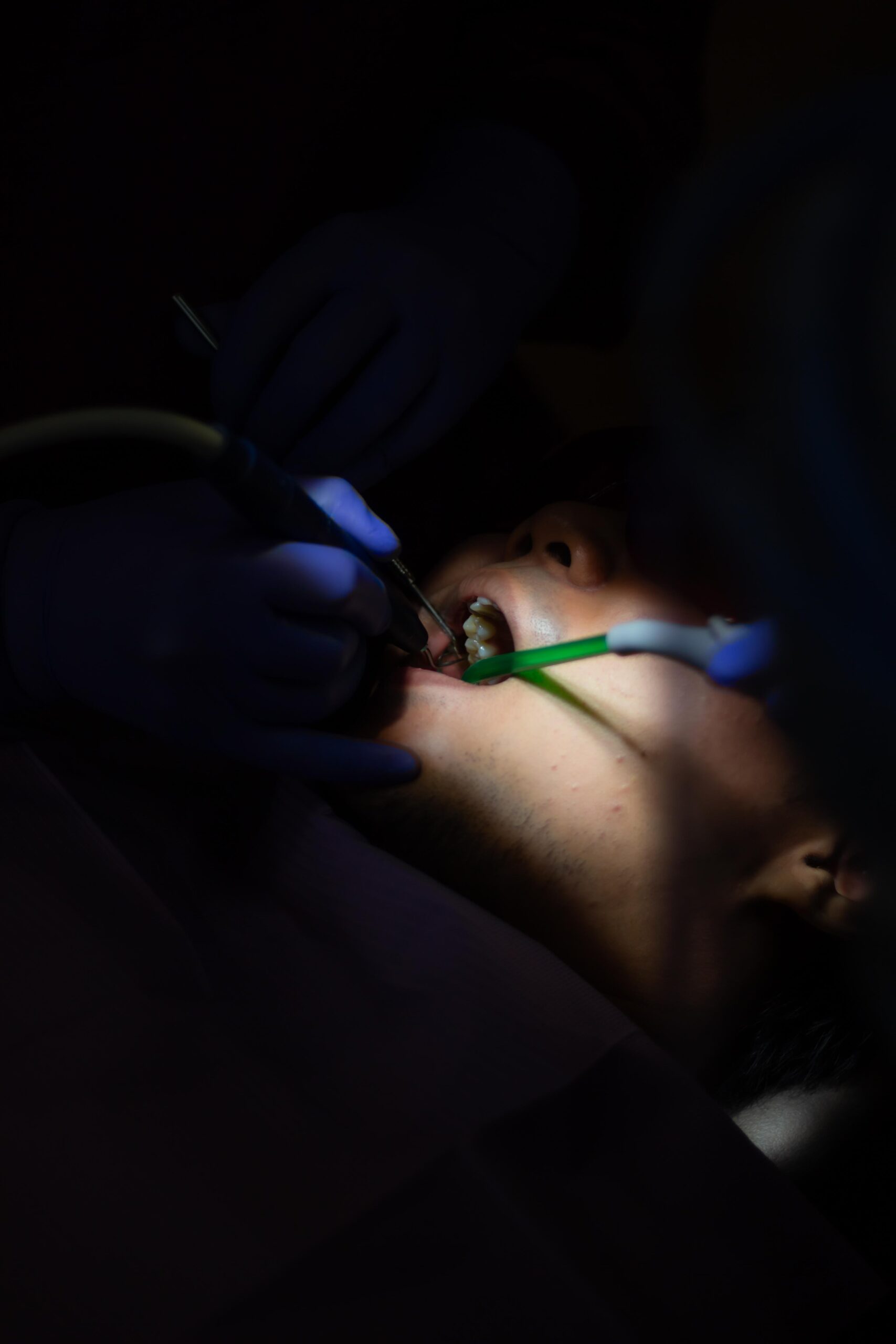
The effectiveness of teeth whitening depends on various factors, including the method used, the cause of discoloration, and the individual’s teeth. In-office whitening treatments generally provide the most noticeable results, often lightening teeth by several shades in a single visit. At-home kits can also be very effective, especially when used consistently and as directed.
It’s important to note that teeth whitening is not permanent. The longevity of the results depends on your lifestyle and oral hygiene habits. Avoiding foods and drinks that cause staining, not smoking, and maintaining good oral hygiene can help prolong the effects of whitening treatments.
Frequently Asked Questions
Orthodontics is a dental specialty focused on diagnosing, preventing, and treating dental and facial irregularities, such as misaligned teeth and jaws.
Dental sealants are thin, protective coatings applied to the chewing surfaces of molars to prevent cavities.
Yes, teeth whitening treatments performed by a dentist or with dentist-approved products are safe and effective.
Cosmetic dentistry focuses on improving the appearance of teeth, gums, and smile through procedures like whitening, veneers, and bonding.
At-home whitening options include over-the-counter whitening strips, gels, toothpaste, and custom trays provided by your dentist.

